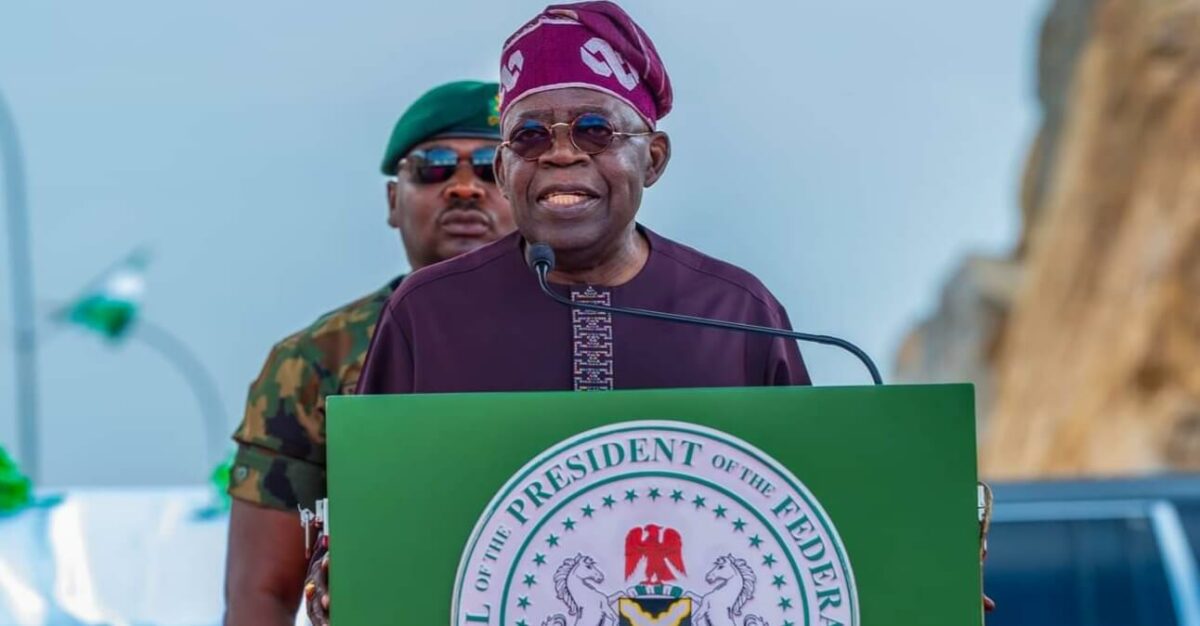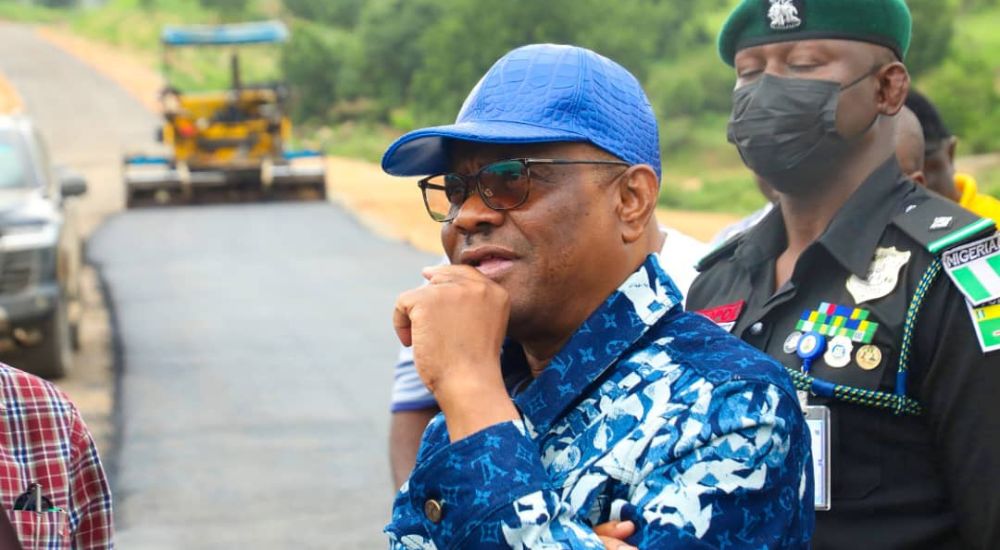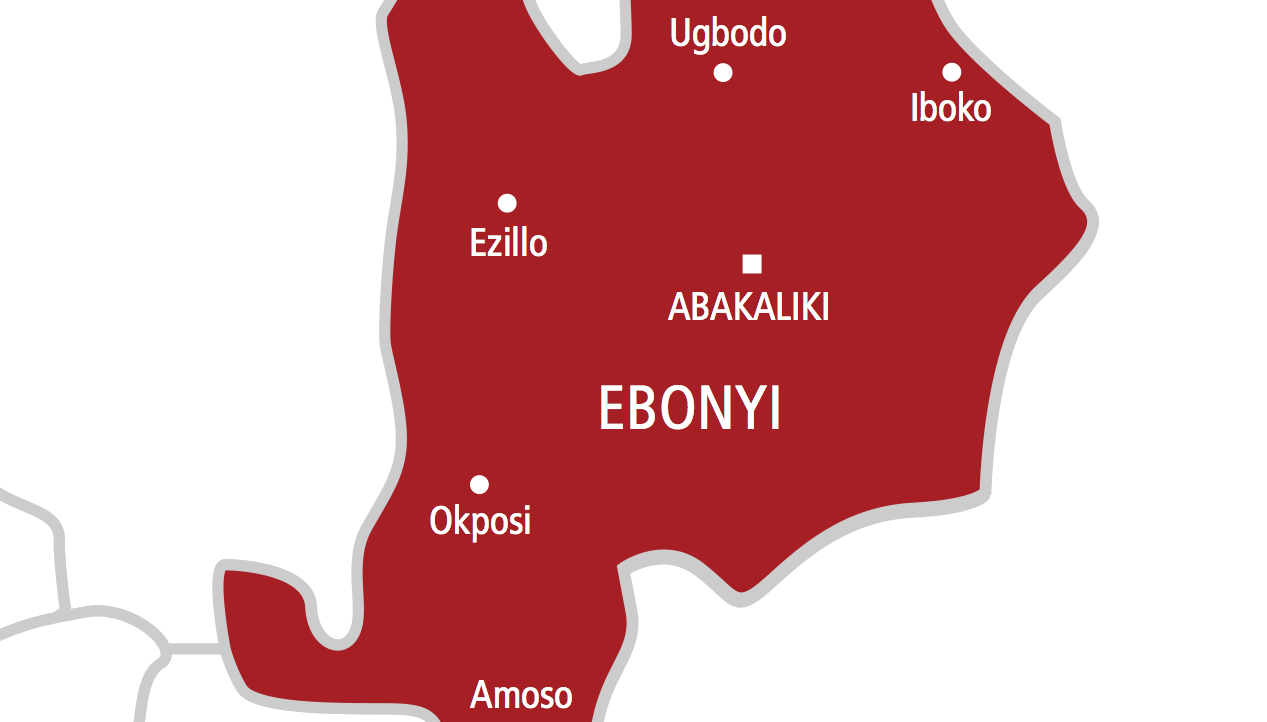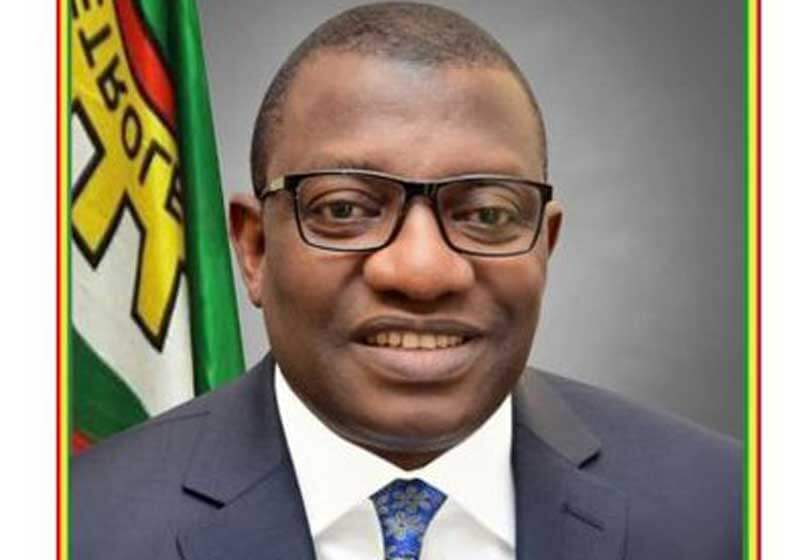Ghana’s Small-Scale Miners Strike Gold with $4B Haul in Four Months

The Ghana Gold Board reports that artisanal and small-scale mining operations generated $4 billion in gold purchases and exports from February through May 2025.
This milestone was announced by Managing Director Sammy Gyamfi during his address at the Mining in Motion 2025 Summit.
The newly formed Ghana Gold Board facilitated these transactions as part of its mandate to combat illegal gold trade activities across the nation. This institutional framework represents a significant shift in how Ghana manages its precious metals sector.
“Gold exports from ASM players have exceeded exports from the large-scale sector for the first time. Total gold exported from the ASM sector between February and May reached a new record of 41 tons,” Gyamfi reported during his presentation.
The performance metrics demonstrate the growing economic impact of small-scale operations on Ghana’s foreign exchange earnings. May 2025 alone witnessed the production and export of 11 tons of gold, generating approximately $1.172 billion in export revenues for the artisanal sector.
“The data shows the potential of the ASM if properly annexed,” Gyamfi emphasised when discussing the sector’s capabilities.
Looking ahead, Gyamfi outlined several strategic initiatives designed to strengthen the artisanal mining sector while tackling unauthorised mining activities. The roadmap includes multiple components aimed at sector development and regulatory compliance.
A comprehensive skills training program for artisanal miners is scheduled to commence in September 2025. Additionally, the government plans to increase funding for the Community Mining Scheme, which operates under the oversight of the Ministry of Lands and Mineral Resources.
The Ghana Gold Board intends to establish an Anti-Smuggling Taskforce specifically focused on preventing unauthorised gold exports. A parallel initiative involves creating a gold tokenisation system to enhance the tracking and traceability of Ghana’s mineral resources throughout the supply chain.
By 2026, the organisation aims to establish an international standardisation facility within Ghana’s borders. This facility will focus on promoting responsible sourcing practices and ensuring environmental sustainability across all stages of gold production and distribution.





